Celtic Languages
Celtic Languages are seeing a revival among people of Celtic descent around the globe in an effort to reclaim and retain an identity and culture that was once outlawed by the English crown. "A people without the knowledge of their past history, origin and culture is like a tree without roots." -Marcus Garvey The Celtic languages, or languages of Celtic origin are Irish Gaelic, Scottish Gaelic, Welsh, Breton, Cornish and Manx, all of which descend from Common Celtic which was spoken by the ancient Celts in Ireland and Britain. All of these versions of Gaelic are considered endangered by UNESCO with the exception of Welsh, which is still commonly spoken throughout Wales. According To Wikipedia: "The history of the Irish language begins with the arrival of an ancestral Celtic language in Ireland. It is highly unlikely that the Mesolithic language of the first settlers (hunters and gatherers) or the Neolithic language of the first farmers was related to Irish. Given that there is no archaeological evidence for a "Celtic invasion," it would initially have been an introduced language of prestige, belonging to important social domains associated with hillforts, a warrior elite and Iron Age ritual centres. There is also evidence for Celtic tribal names in Ireland in this period. From these domains the language spread, just as English was to do later.[2] The date of introduction continues to be debated by linguists and archaeologists. Some scholars put the earliest date at ca. 1200 BC,[3] while others posit dates between 2600 and 2000 BC.[4] The earliest written form of the Irish language is known to linguists as Primitive Irish.[5] Primitive Irish is known only from fragments, mostly personal names,[6] inscribed on stone in the Ogham alphabet. The earliest of such inscriptions probably date from the 3rd or 4th century.[1] Ogham inscriptions are found primarily in the south of Ireland as well as in Wales and Cornwall, where it was brought by settlers from Ireland to sub-Roman Britain,[7] and in the Isle of Man." And According to The Guardian "Gaelic was introduced to Scotland from Ireland in the 5th century and remained the main language in most rural areas until the early 17th century. It was outlawed by the crown in 1616, and suppressed further after the Jacobite rebellion of 1745. Less than 100 years ago children were beaten into speaking English at school." The term "Gaelic Revival" is used to describe a period in the 19th century when Gaelic sports, culture and language were given renewed interest in Ireland. But although the movement tried to reestablish all things Gaelic in daily Irish life, Most Irish people had begun to associate Gaelic with poverty and Irish Gaelic was mainly only spoken in rural Irish homes and was forbidden in schools. The Easter Rising and and the subsequent Constitution of the Irish Free State declared Irish the official language of Ireland and all Irish children are required to learn Irish Gaelic through both their primary and secondary education. It is estimated that somewhere between 40,000 and 80,000 Irish speak Gaelic as their native language and the regions [caption id="attachment_783" align="alignleft" width="290"] Irish road signs with Irish first, of course.[/caption] where Irish is spoken as a first language are called the Gaeltacht. Throughout the Republic if Ireland today, you will find most signs written in Irish first and in airports, tour buses and museums you will always hear Irish Gaelic spoken first. For those of us who can't immerse ourselves in a Gaelic speaking community to teach ourselves Irish, we have to settle for learning Gaelic Irish through apps like Duolingo, or find classes in our communities. For those of us in the Kansas City area, we are fortunate to have the resources of The Kansas City Irish Center who offers classes in Irish. The Celtic languages are a fundamental component to retaining and understanding one's Celtic origins and culture. Most of us will probably never become truly fluent in Gaelic, but it might not be a bad idea to learn a bit more Gaelic than "Eirinn go Brach" and "slainte!"
Irish road signs with Irish first, of course.[/caption] where Irish is spoken as a first language are called the Gaeltacht. Throughout the Republic if Ireland today, you will find most signs written in Irish first and in airports, tour buses and museums you will always hear Irish Gaelic spoken first. For those of us who can't immerse ourselves in a Gaelic speaking community to teach ourselves Irish, we have to settle for learning Gaelic Irish through apps like Duolingo, or find classes in our communities. For those of us in the Kansas City area, we are fortunate to have the resources of The Kansas City Irish Center who offers classes in Irish. The Celtic languages are a fundamental component to retaining and understanding one's Celtic origins and culture. Most of us will probably never become truly fluent in Gaelic, but it might not be a bad idea to learn a bit more Gaelic than "Eirinn go Brach" and "slainte!"
 Irish road signs with Irish first, of course.[/caption] where Irish is spoken as a first language are called the Gaeltacht. Throughout the Republic if Ireland today, you will find most signs written in Irish first and in airports, tour buses and museums you will always hear Irish Gaelic spoken first. For those of us who can't immerse ourselves in a Gaelic speaking community to teach ourselves Irish, we have to settle for learning Gaelic Irish through apps like Duolingo, or find classes in our communities. For those of us in the Kansas City area, we are fortunate to have the resources of The Kansas City Irish Center who offers classes in Irish. The Celtic languages are a fundamental component to retaining and understanding one's Celtic origins and culture. Most of us will probably never become truly fluent in Gaelic, but it might not be a bad idea to learn a bit more Gaelic than "Eirinn go Brach" and "slainte!"
Irish road signs with Irish first, of course.[/caption] where Irish is spoken as a first language are called the Gaeltacht. Throughout the Republic if Ireland today, you will find most signs written in Irish first and in airports, tour buses and museums you will always hear Irish Gaelic spoken first. For those of us who can't immerse ourselves in a Gaelic speaking community to teach ourselves Irish, we have to settle for learning Gaelic Irish through apps like Duolingo, or find classes in our communities. For those of us in the Kansas City area, we are fortunate to have the resources of The Kansas City Irish Center who offers classes in Irish. The Celtic languages are a fundamental component to retaining and understanding one's Celtic origins and culture. Most of us will probably never become truly fluent in Gaelic, but it might not be a bad idea to learn a bit more Gaelic than "Eirinn go Brach" and "slainte!"




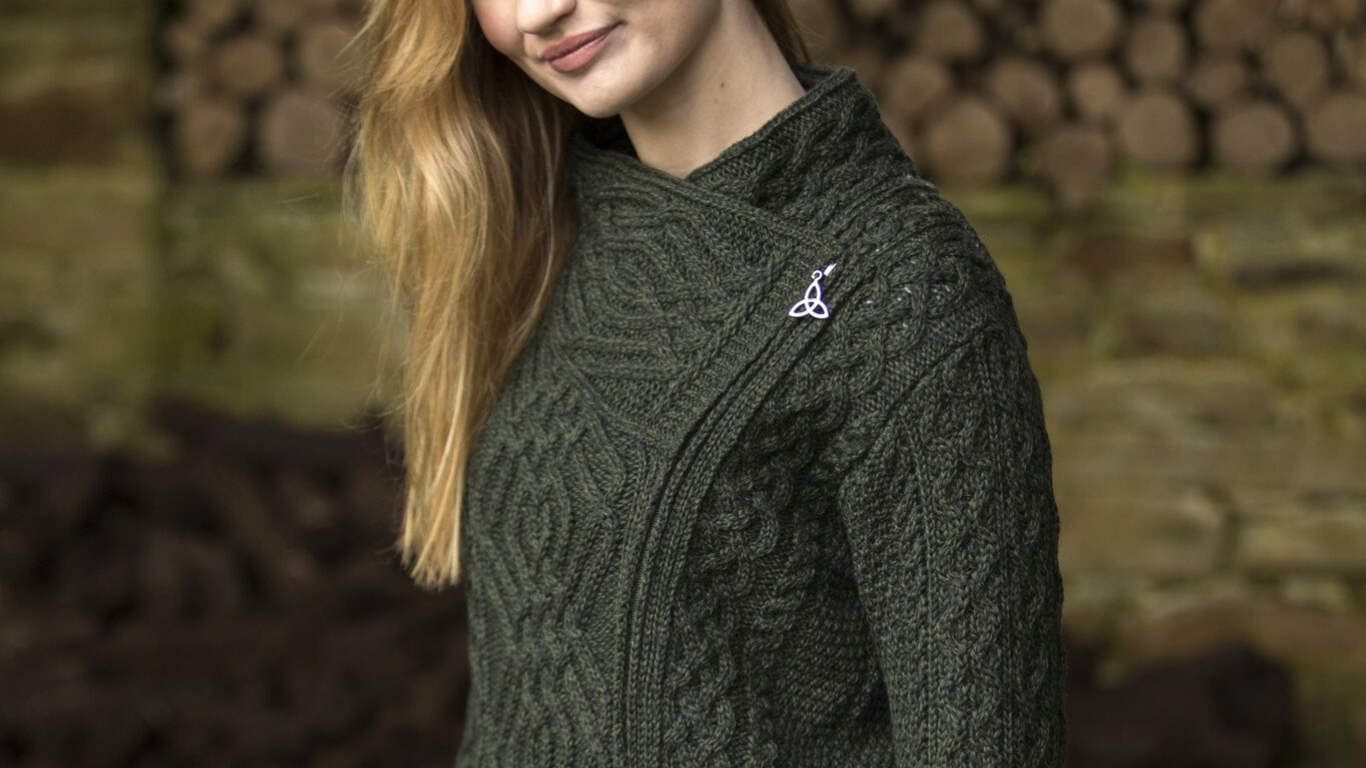



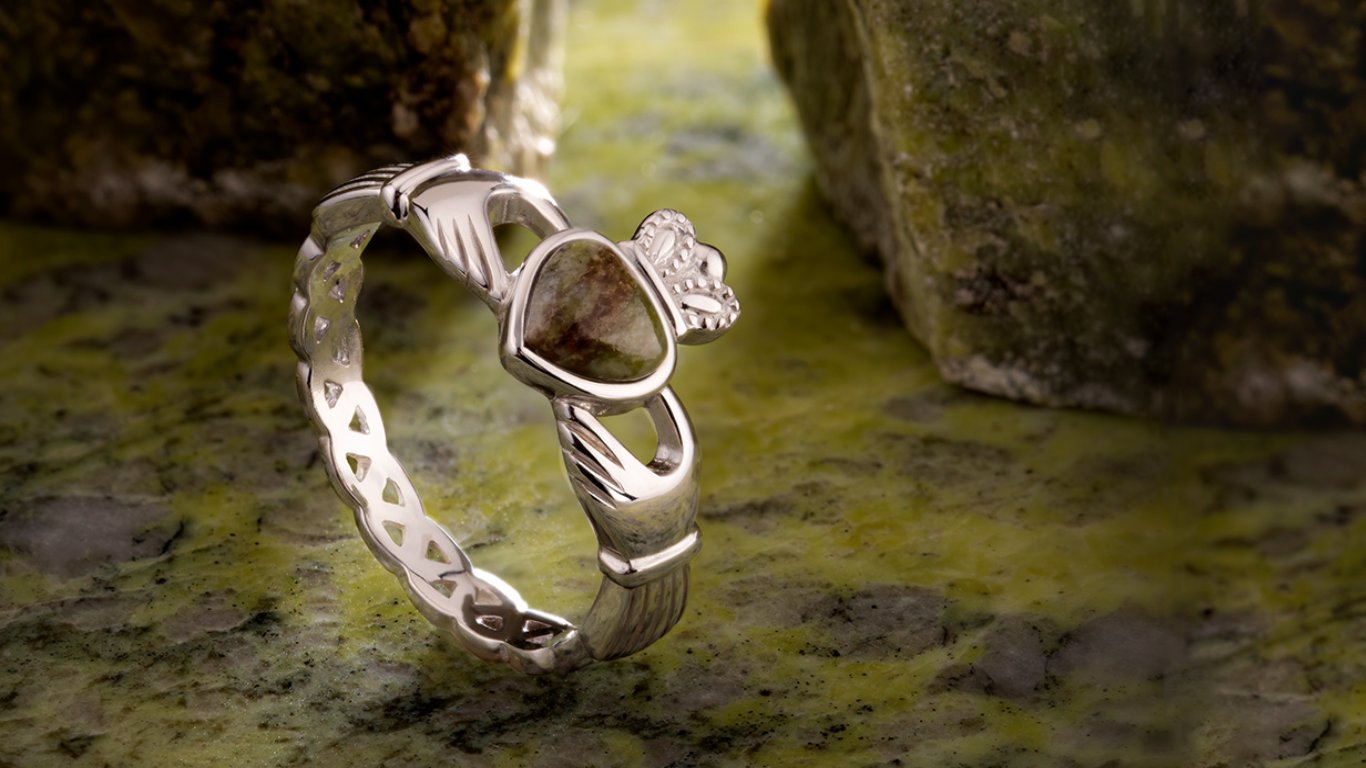
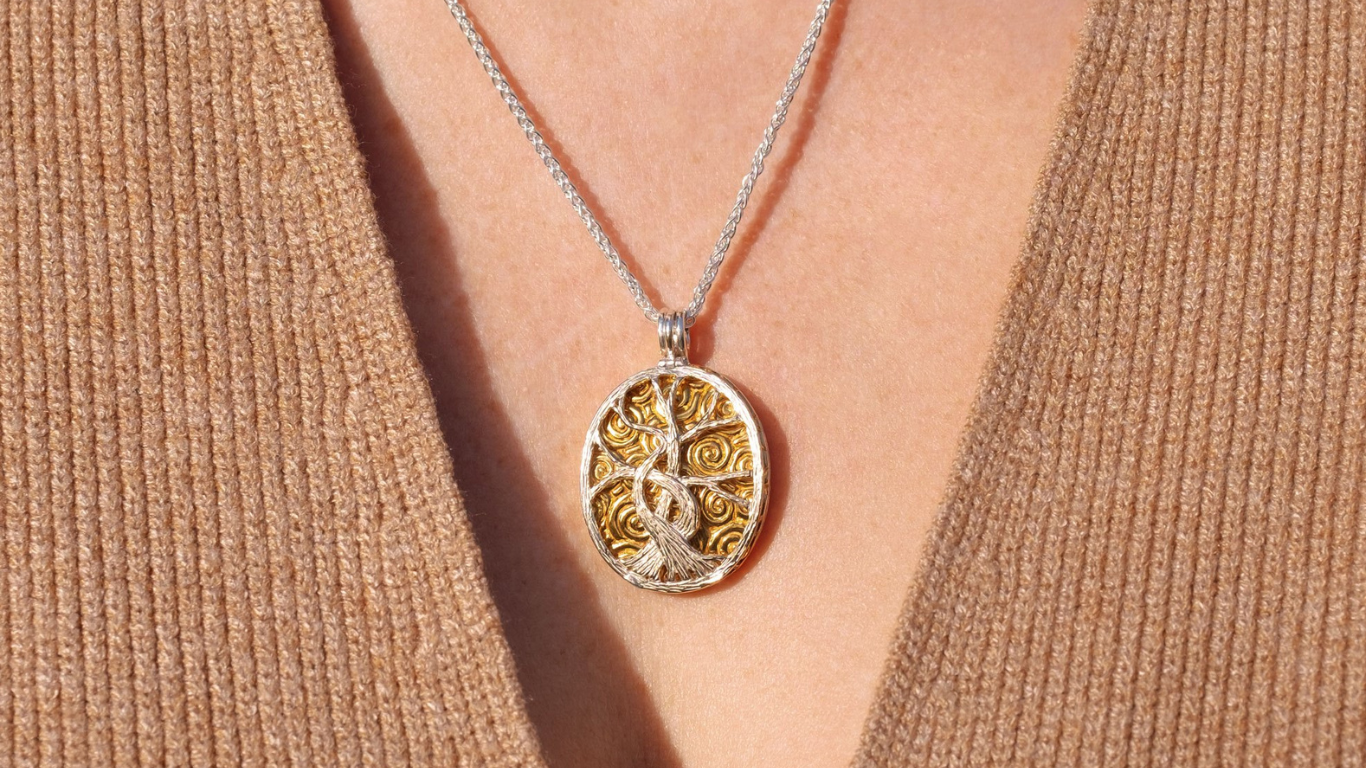



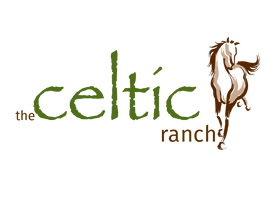
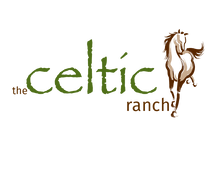



Leave a comment